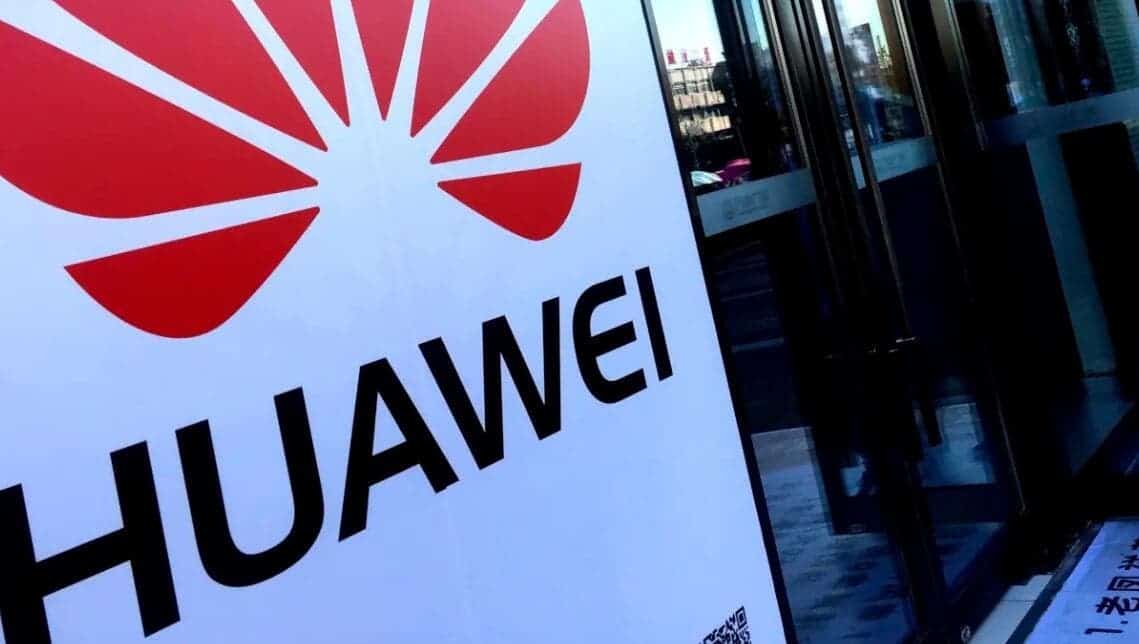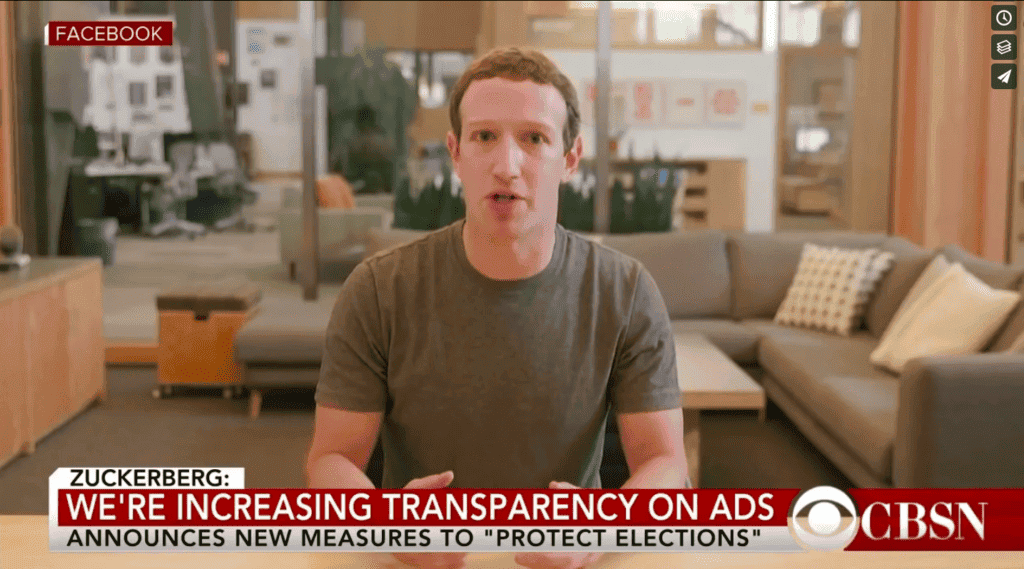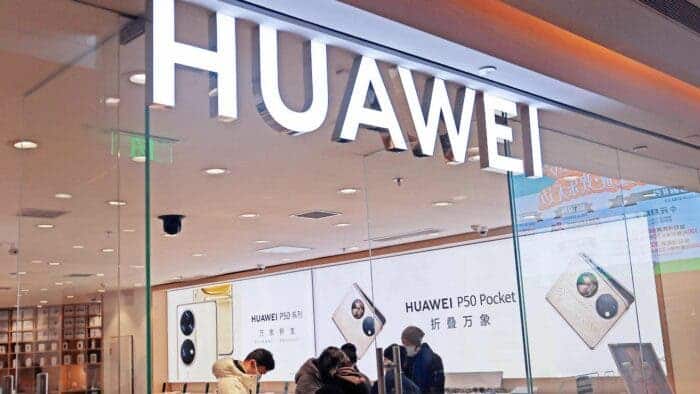Chinese tech giants Huawei and Alibaba are among many Chinese tech brands that are seeking deepfake approvals. They have applied to China’s cyberspace regulator, the Cyberspace Administration of China for approval. According to Reuters, the CAC has received about 110 applications for products that can produce deepfakes. The CAC set out rules in December 2022 governing the use of deepfake technology. These brands are seeking approvals to comply with these rules.

What are deepfakes?
Deepfakes are a type of synthetic media that uses AI to create convincing hoaxes. They can be in the form of fake images, audio, or videos. They are created by using deep learning, an advanced type of machine learning. Deepfakes are made by using a special type of neural network structure called an autoencoder. It is composed of two parts: an encoder and a decoder. Also, the encoder compresses the original image, audio, or video into a smaller representation. However, the decoder tries to recreate the original from the compressed version.
Deepfakes can be used for various purposes, including art, entertainment, and political propaganda. However, they can also pose huge dangers, including blackmail, reputational harm, and legal compromising situations. They are generally legal, and there is little law enforcement can do about them, despite the serious threats they pose. They are only illegal if they violate existing laws such as child pornography, defamation, or hate speech.
The lack of laws against deepfakes is because most people are unaware of the new technology, its uses, and its dangers. Victims don’t get protection under the law in most cases of deep fakes. Deepfakes can be made for nefarious purposes, such as to mislead the public by spreading false news.
Why are Huawei and Alibaba seeking deepfake approvals?
Huawei and Alibaba are among the brands seeking deepfake approvals to comply with the rules set out by the CAC. These rules require brands to obtain approval before using deepfake tech. The laws state that these brands have to clearly mark any content from their deep fake as such. Failure to comply with these rules can result in fines and other penalties.

Apart from Huawei and Alibaba, several other Chinese tech firms have also applied to the CAC to build deepfake technology. These include Tencent, Baidu, as well as ByteDance. These brands are seeking to develop deepfake technology for various purposes. These include entertainment, advertising, and education. Here are some other reasons why these companies need the approval of the CAC
Reasons
1. If these brands do not have the approval of the CAC, then they will likely be subject to a serious probe. The probe could end in a ban or a big penalty as the CAC laws state. Thus, in order to avoid this, these brands are seeking approvals before they develop the technology.
2. The likes of Huawei, Alibaba, Baidu Inc, SenseTime Group and other brands are seeking to improve their deep fake technology. This is another reason why they need the approval. It will be useless to develop a huge tech and not be able to release it to the public. Thus, these brands want to make sure that their innovation can reach the market. Hence the need for approval before further developing the technology.
Gizchina News of the week
3. Deepfake technology can be used to create realistic and engaging marketing content. For example, Alibaba used deepfake technology to create a virtual influencer named Xiaobao. By seeking deepfake approvals, brands like Alibaba may be looking to expand their use of this technology in marketing.
4. Deepfake technology can also be used to create realistic special effects in movies and TV shows. By seeking deepfake approvals, brands like Huawei may be looking to use this technology in their entertainment products.
5. Deepfake technology can be used to create realistic simulations for security training and testing. By seeking deepfake approvals, companies like Huawei may be looking to use this technology in their security products.
Public figures on Deepfakes
Deepfakes have been used for various purposes, mainly for entertainment and parody. However, as technology improves and becomes more accessible, we have seen some folks misuse the technology. Here are some notable deep fakes of popular public figures and the aim of the deep fakes was to spread fake news
1. Morgan Freeman:
One of the most scarily convincing deepfakes is the Morgan Freeman deepfake. The video was first shared by Dutch deepfake YouTube Channel Diep. The video which is not actually Morgan Freeman went viral, sparking concerns about the use of technology. The deep fake was created by AI whiz Bob de Jong, a filmmaker who works for SingularityNET. The video is also an example of how deepfake technology can be used to create convincing fake videos of people saying or doing things they never did.
2. Mark Zuckerberg:
In a manipulated video, Facebook’s Mark Zuckerberg touts how great it is to have billions of people’s data. The fake video was created by artists Bill Posters and Daniel Howe. They did the video in partnership with an ad company, Canny and it was uploaded to Instagram. The video was made by taking a 2017 footage of Mark and using AI to manipulate Mark’s face to make it appear he said something he didn’t. Zuckerberg’s voice is also replaced by an actor’s. The video also shows Mark sitting at a desk, seemingly giving a sinister speech about Facebook’s power. Furthermore, the video is framed with broadcast chyrons that say “We’re increasing transparency on ads,” to make it look like it’s part of a news segment. As real as the video looks, it is fake.

3. Barrack Obama:
Barack Obama has been the subject of several deep fake videos, including a public service announcement created by Jordan Peele in 2018. Peele used deepfake technology to simulate Obama’s face and voice. In the video, Obama can be seen warning people about the dangers of fake news.
In addition, other notable public figures that have been used for deep fakes are the Belgian prime minister, Donald Trump, Dalí and many others.
Conclusion
Huawei and Alibaba are among the brands seeking deepfake approvals from China’s cyberspace regulator, the CAC. These approvals are required to comply with the rules set out by the CAC governing the use of deepfake tech. Other Chinese tech firms, including Tencent, Baidu, and ByteDance, are also seeking deepfake approvals for various reasons. Deepfakes have also become a growing concern as they can be used to spread fake news and can be hard to detect.






China loves “fake” hahaha
I RECENTLY HAD HELP FROM A CYBER SECURITY EXPERT IN TRACKING DOWN AN INVESTMENT SCHEME TO WHICH I LOST MY BITCOINS TO 7 DAYS AGO. I REACHED OUT TO COINSRECOVERYWORLDWIDE ATTT GEEEE MALLEEEE DOTTT COMMMM AND THEY ASSITED SWIFTLY. I GOT BACK MY COINS TODAY